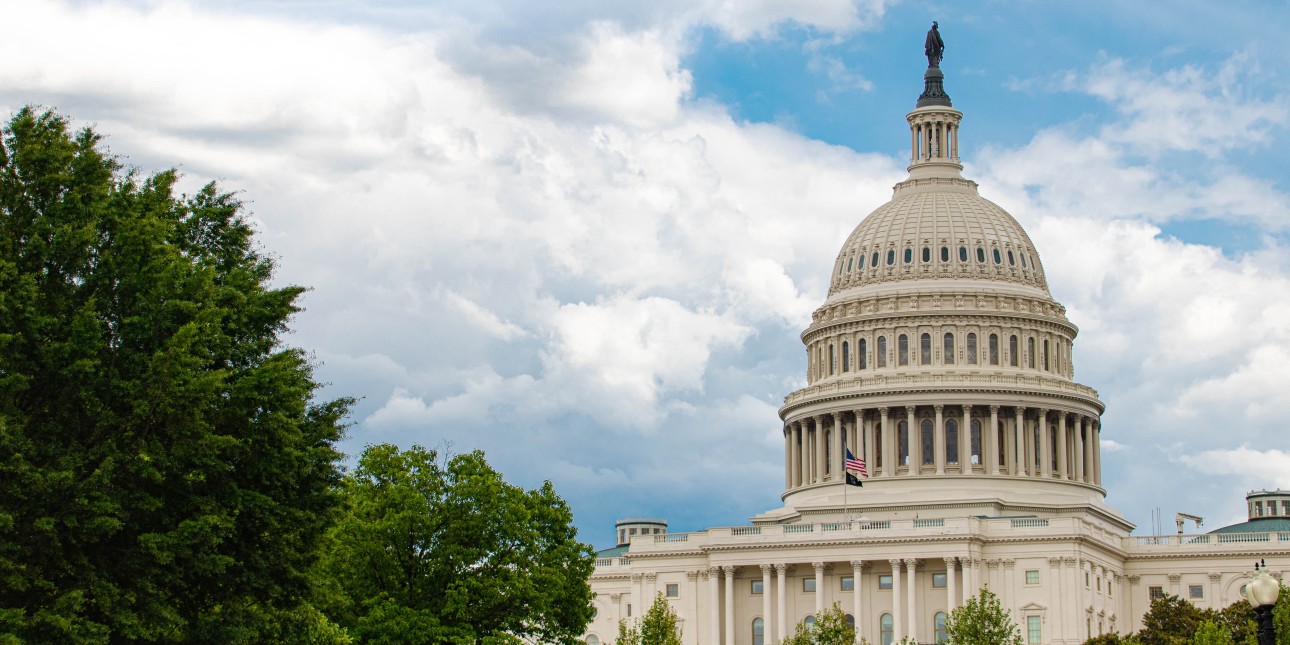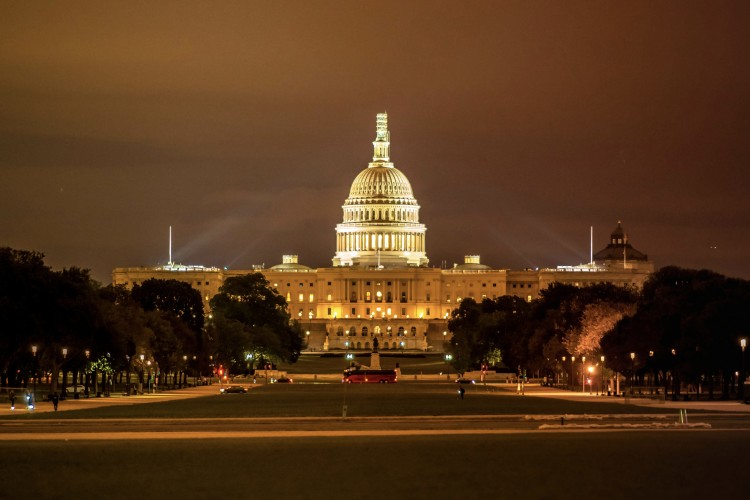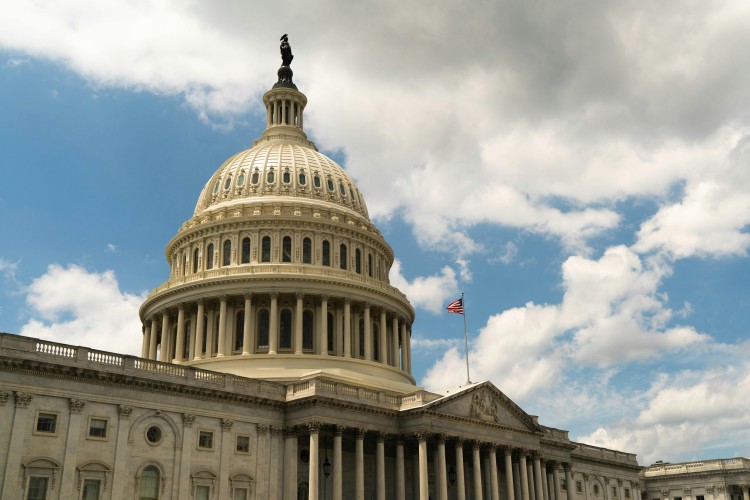Senate Releases Draft Annual Funding Bills

In the first week of August, Senate appropriators released their draft annual funding bills for FY23. The draft package included every committee’s suggested levels of funding and report language (instructions) to federal agencies. Please keep in mind, both the House and Senate advanced their funding bills this year without Republican support. As a result, both chambers’ current recommendations are likely to be the “high water mark” for FY23 funding, and some programs may face reductions as a result of negotiations with Senate Republicans later this year.
The Senate’s drafts include the following funding levels and accompanying “report language” or instructions to federal agencies. To read the full reports please see the accompanying links below.
Youth Homelessness Demonstration Program
- $107 million, equal to the FY22 enacted level, of which at least $25 million shall be for Systems-Change Planning Grants.
Accompanying the YHDP funding is a statement similar in tone and content to the House’s instructions that every CoC must provide safe, inclusive, and culturally appropriate services for youth at risk of or experiencing homelessness. Increased funding for YHDP and the System-Change Planning Grants are “intended to advance best practices learned in this demonstration through targeted training and technical assistance to help inform broader systems change. The Committee encourages the U.S. Department of Housing and Urban Development (HUD) to utilize providers with experience in authentic youth engagement and support for existing YHDP communities.”
The Senate Subcommittee supports HUD placing an emphasis on projects that can demonstrate community-wide authentic youth collaboration in strategy, design, and implementation; quality data collection, management, and utilization of youth experiencing homelessness; and collective ownership of a common goal to end youth homelessness as demonstrated by a coordinated plan with accountability to community-wide performance indicators. The Committee applauds the Department’s work to ensure that the voices of youth with experiences of homelessness are an integral part of a local community’s application and planning process, and that youth are further integrated into HUD’s own process for reviewing applications for the demonstration. The Secretary is encouraged to utilize models and practices that are informed by authentic youth engagement and shared decision-making.
Lastly, the Senate’s draft would direct the Secretary of HUD to produce a report to the Committee on how HUD can increase the capacity of CoCs to comprehensively plan for and address homelessness among youth.
Read the full text on the Committee’s instructions on page 118 of Senate THUD Report.
Official summaries of the complete FY23 THUD funding bill from the Senate can be found at the following link: Transportation Housing and Urban Development
Runaway and Homeless Youth Programs
- $130,283,000 for the Consolidated Runaway and Homeless Youth program, which is $10,000,000 above fiscal year 2022 enacted level and $1,443,000 above the fiscal year 2023 budget request.
Accompanying the Runaway and Homeless Youth Programs is a statement of the Senate Subcommittee’s continued support for preventative services, acknowledgment of grant receival 30 days prior to an existing grant is set to end, and to provide safe, inclusive, and culturally appropriate services for youth at risk of or experiencing homelessness.
Read the full text on the Committee’s instructions on page 200 of Senate LHHS Report.
Official summaries of the complete FY23 LHHS funding bill from the Senate can be found at the following link: Labor, Health and Human Services, Education, and Related Agencies
Youth Mentoring Grant
- $110,000,000 for competitive, peer-reviewed youth mentoring grants, $8 million above last year’s enacted level and of which $16,500,000 is for helping youth impacted by substance abuse, including opioids and methamphetamine.
Read the full text on the Committee’s instructions on page 132 of Senate CJS Report.
Official summaries of the complete FY23 LHHS funding bill from the Senate can be found at the following link: Commerce, Justice, Science, and Related Agencies
To read all 12 draft Senate appropriations bills please go HERE.
In the traditional process, the next step would be for these drafts to be marked-up by their respective Appropriations Subcommittees, then by the full Appropriations Committee, before finally receiving a vote on the Senate Floor and being merged with the House’s recommendations. However, there are only five weeks remaining in the 2022 Fiscal Year. Instead, Congress will likely punt these decisions until after the midterm elections, using temporary level funding to keep the government open through November or December. A formal markup process is unlikely; final decisions will likely be made through frenetic negotiations behind the scenes this fall. Between now and then is the best opportunity for constituents to share their communities’ needs and funding priorities with their Members of Congress.


